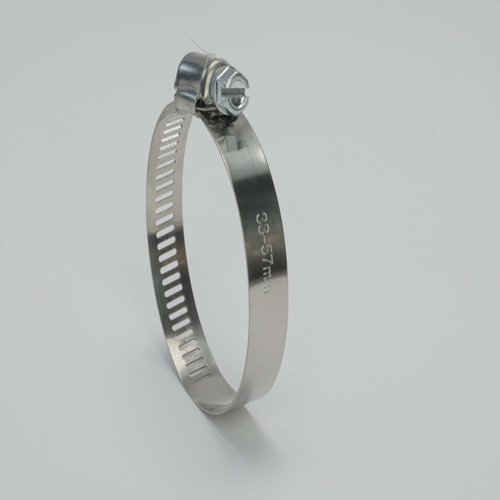- Phone:+86-17331948172 +86-0319-8862898
- E-mail: inquiry@puxingclamp.com
ធ្នូ . 16, 2024 19:38 Back to list
high quality automotive spring hose clamps
High-Quality Automotive Spring Hose Clamps Essential for Reliable Performance
In the world of automotive engineering, the smallest components often play critical roles in ensuring the efficiency and safety of a vehicle. Among these components are spring hose clamps, which are essential for securing hoses and tubing in various automotive applications. A high-quality automotive spring hose clamp is not just an accessory; it is a vital element that contributes to the overall performance and reliability of a vehicle’s systems.
The Importance of Hose Clamps
Hose clamps are used to hold hoses tightly in place, preventing leaks and ensuring that fluids can flow smoothly throughout the vehicle. Whether in fuel systems, cooling systems, or vacuum lines, the integrity of hose connections is crucial. A failure in a clamp can lead to leaks, which can cause overheating, loss of power, or, in severe cases, complete engine failure. Therefore, selecting high-quality clamps made from durable materials and designed to offer consistent performance is essential for any automotive application.
What are Spring Hose Clamps?
Spring hose clamps, specifically, are designed for use in applications where constant clamping force is needed. Unlike traditional screw-type clamps, which can lose tension over time due to vibrations and thermal expansion, spring clamps adapt to changes in hose diameter. They consist of a coil spring and a bent wire shape that exerts a force on the hose. This self-adjusting feature makes spring hose clamps particularly effective in environments with significant temperature fluctuations or where components are subject to movement.
Benefits of High-Quality Spring Hose Clamps
1. Reliable Clamping Force High-quality automotive spring hose clamps maintain consistent clamping force over time, reducing the risk of leaks. This reliability is particularly important in critical systems like the fuel and cooling systems of a vehicle.
2. Ease of Installation Spring clamps are generally easier to install than screw-type clamps, often requiring only a simple squeeze and release to secure them in place. This can save time and effort during assembly or maintenance.
3. Resistance to Corrosion and Wear Premium clamps are often made from materials such as stainless steel, which resist corrosion and wear. This is crucial for automotive applications, where exposure to various chemicals, road salt, and moisture is common.
high quality automotive spring hose clamps

4. Cost-Effectiveness Although high-quality clamps may come with a higher initial cost, their durability and reliability can lead to overall savings. By reducing the risk of leaks, they minimize the chance of costly repairs or vehicle downtime.
5. Versatility High-quality spring hose clamps can be used in a variety of situations, from securing radiator hoses to holding vacuum lines in place. Their adaptability makes them a favorite among automotive technicians and DIY enthusiasts alike.
Choosing the Right Hose Clamp
When selecting high-quality automotive spring hose clamps, consider several factors
- Material Look for clamps made from high-grade stainless steel or other corrosion-resistant materials. Avoid low-quality materials that can degrade over time.
- Size and Compatibility Ensure that the clamp is the correct size for your application. A clamp that is too large or too small can lead to problems.
- Design and Features Some clamps come with additional features, such as locking mechanisms or protective coatings. Assess your specific needs to determine which features will benefit your application the most.
Conclusion
In conclusion, high-quality automotive spring hose clamps are essential components that ensure the safety and performance of vehicles. Their ability to provide consistent clamping force, ease of installation, and resistance to wear makes them a preferred choice for automotive professionals and enthusiasts alike. When selecting spring hose clamps, investing in quality is crucial. The long-term benefits of reliability and performance far outweigh the initial costs. By choosing the right spring hose clamps, you are not just securing hoses; you are safeguarding the performance and integrity of the entire automotive system.
-
Heavy Duty Hose Clamp – Durable Stainless Steel Automotive Tube Clip
NewsJul.26,2025
-
High Quality Precision Stainless Steel Strip for Industrial Use
NewsJul.25,2025
-
Black Rubber Hose Clamp with Rubber Lined & Insulated Design for Secure Fitting
NewsJul.24,2025
-
High Quality Steel Stainless Midsole for Safety Shoes Supplier
NewsJul.23,2025
-
High Quality Hose Clamps Mini Clips - German Style & Stainless Steel
NewsJul.22,2025
-
High Quality Steel Midsoles in EN Standard | Safety Footwear
NewsJul.22,2025




